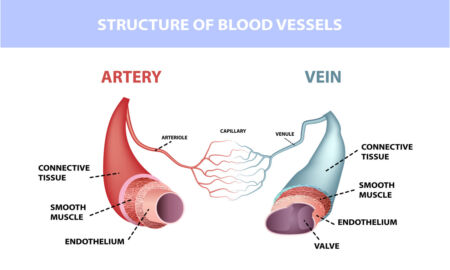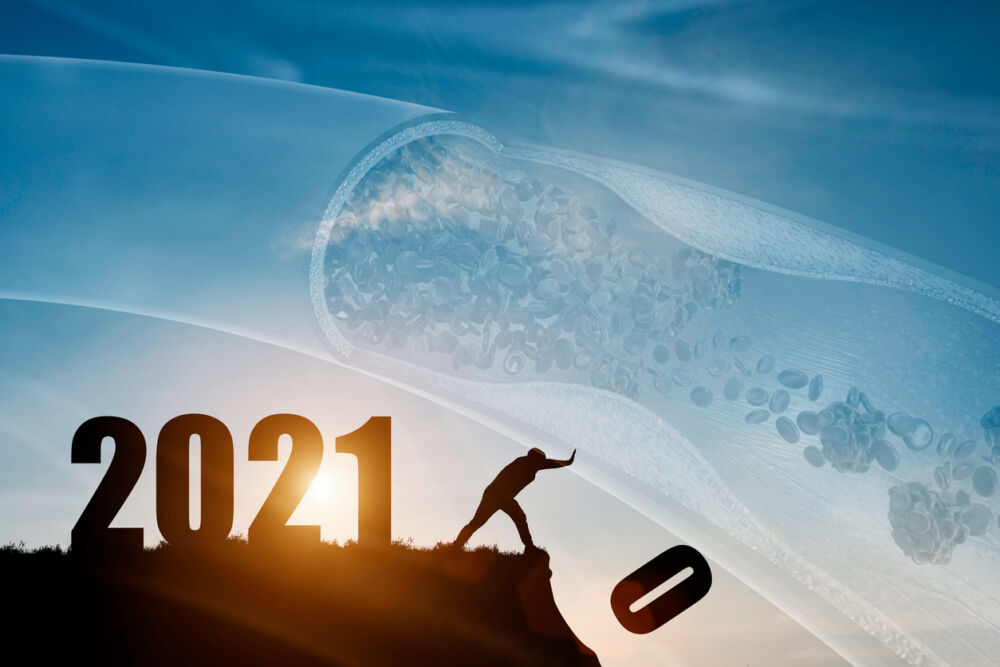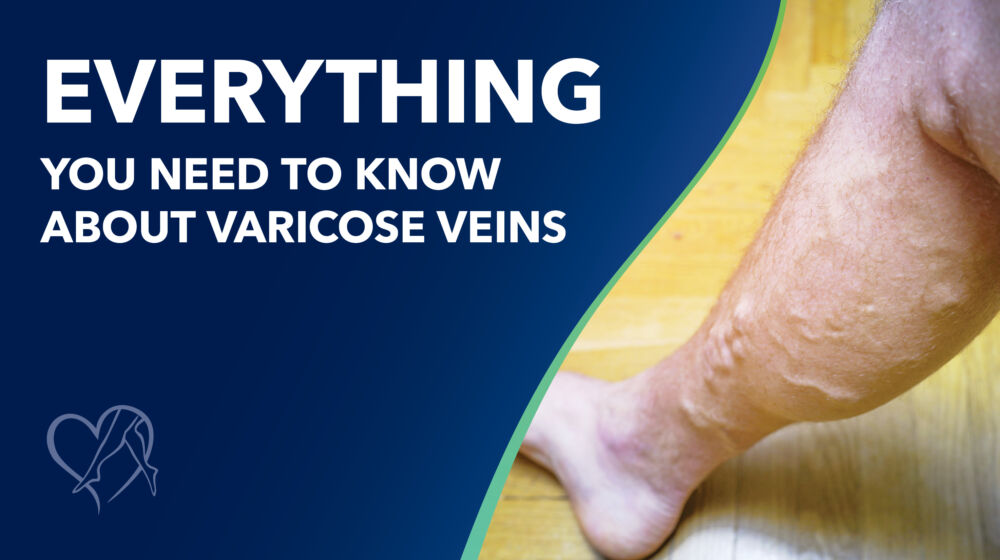Arteries and veins are blood vessels that play a vital role in the circulatory system. However, they have distinct differences in structure, function, and purpose in your body.
Arteries
are the blood vessels that carry oxygenated blood away from the heart to the rest of the body. They have thick walls made of smooth muscle tissue to withstand the pressure of the pumping heart and to distribute oxygen and nutrients throughout the body. The large vessels in the body, like the aorta, carry blood at high pressure, while the small vessels, like the arterioles, regulate blood flow to specific areas.
Veins, on the other hand, are the blood vessels that carry deoxygenated blood back to the heart. They have thinner walls than arteries and rely on a system of tiny valves to prevent blood from flowing backward. The valves open to let blood flow toward the heart and then close to keep it from flowing back. Venous insufficiency, which occurs when the valves in the veins become weakened or damaged, can lead to vein disease. Symptoms of vein disease include varicose veins, spider veins, and leg swelling.
What are the differences in function between arteries and veins?
Both arteries and veins are types of blood vessels in the cardiovascular system. One of the main differences between arteries and veins is the direction of blood flow. Arteries carry blood away from the heart, while veins carry blood back to the heart. This joint function is critical because it allows the body to deliver oxygen and nutrients to cells and tissues while also removing waste products.
Diseases of the arteries
Artery disease affects the vessels that carry oxygen-rich blood away from your heart to the body's tissues. The most common disease of the arteries in the United States is coronary artery disease (CAD), according to the Centers for Disease Control and Prevention (CDC). Other diseases of the arteries include peripheral arterial disease (PAD), abdominal aortic aneurysm, and carotid artery disease.
Diseases of the veins
Veins are the blood vessels that carry deoxygenated blood from your organs and tissues back to your heart. Venous diseases are conditions that damage your veins, causing pain or swelling in a leg or along a vein, leg wounds that are slow to heal (ulcers), feelings of leg heaviness, and itching, burning, and cramping of the legs, as well as varicose veins.
What are varicose veins?
Varicose veins
are twisted, enlarged veins visible under the skin, often on the legs, caused by blood pooling in the veins due to weakened or damaged valves. On the other hand, spider veins are smaller red or blue veins usually found on the face or legs. Caused by the same underlying issues as varicose veins, spider veins are generally considered a cosmetic issue.
While varicose and spider veins can be unsightly, they are usually not a serious health risk. However, the underlying cause of these dysfunctional veins, vein disease, can also lead to more severe conditions, such as deep vein thrombosis (blood clots in the deep veins) or leg ulcers.
Therefore, vein care is essential for maintaining good overall health.
Treatment options for vein disease
For some, vein care may be as simple as lifestyle changes, such as maintaining a healthy weight, engaging in regular physical activity, avoiding prolonged standing or sitting, or wearing compression stockings.
Center for Vein Restoration (CVR) offers minimally invasive outpatient treatment options such as ultrasound-guided foam sclerotherapy, laser ablation, or VenaSeal. These procedures are performed in a comfortable office setting, take an hour or less to complete, and patients immediately return to a normal lifestyle with few restrictions.
Vein care you can trust
Center for Vein Restoration's board-certified vascular specialists
are specially trained to diagnose and treat venous insufficiency, a common yet chronic ailment. We offer cutting-edge, patient-focused, concierge-style vein care—no general anesthesia or hospital visit is required!
Questions? Call a helpful Patient Services Representative at 240-965-3915. We speak Spanish.
Ready to get started? Book ONLINE
or call our Patient Services Representatives today! We accept most insurance, including Medicare and Medicaid.
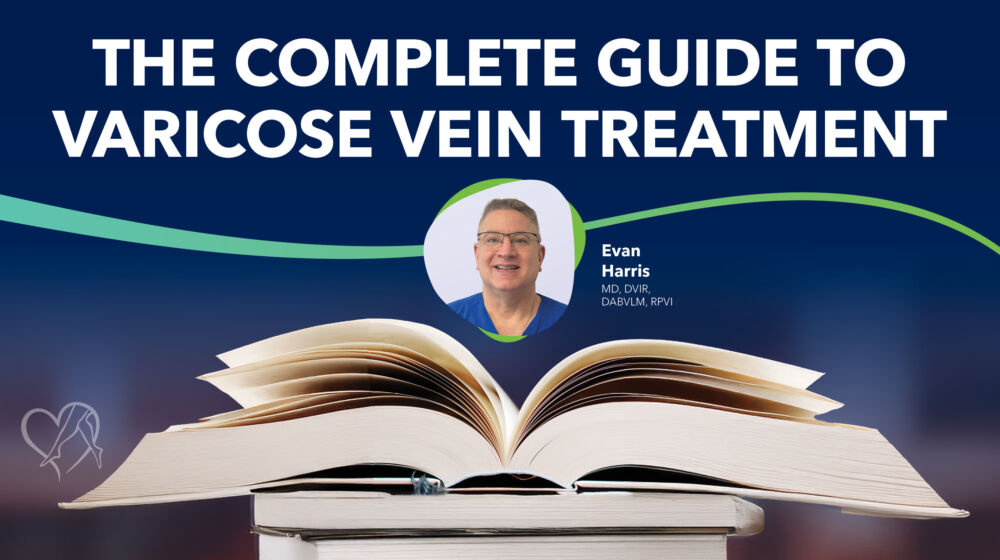
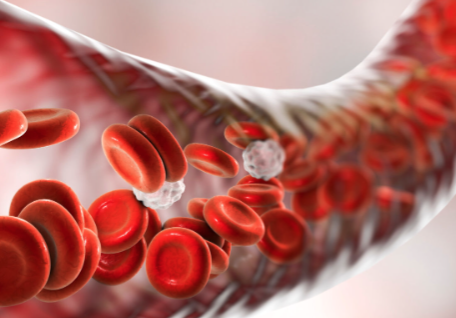 About Vein Disease
About Vein Disease
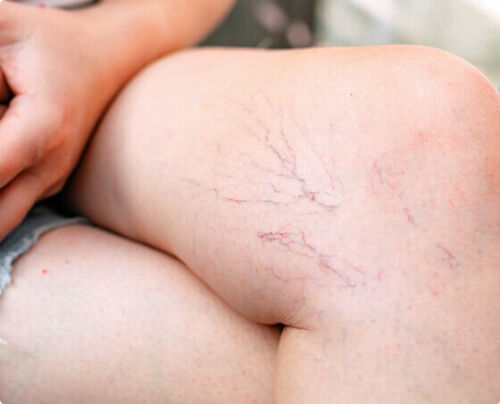 Spider Veins
Spider Veins
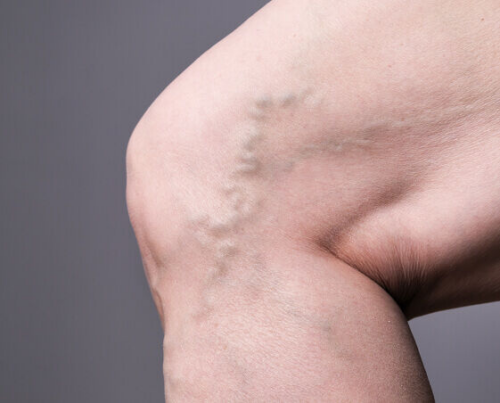 Varicose Veins
Varicose Veins
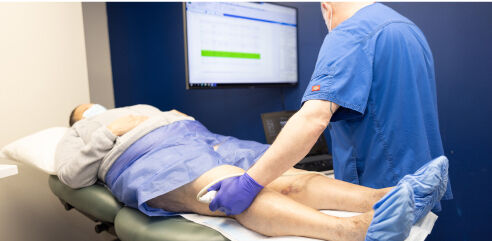 Vein Disease Treatments
Vein Disease Treatments
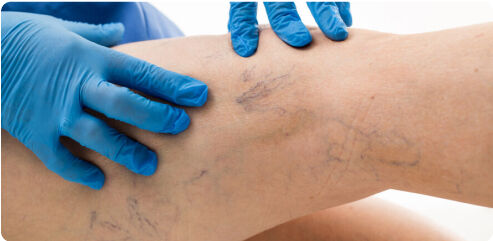 Treating Spider Veins
Treating Spider Veins
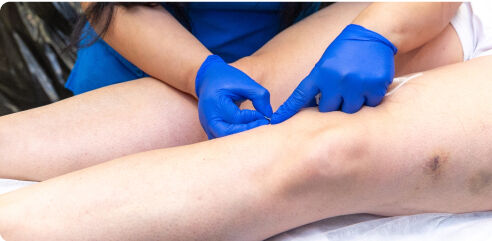 Treating Varicose Veins
Treating Varicose Veins
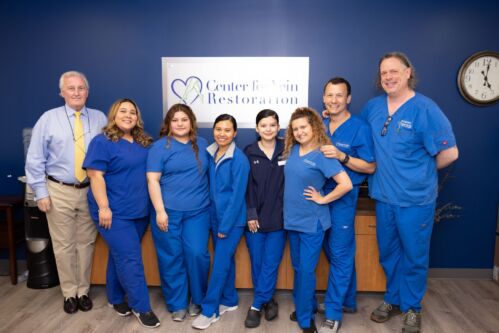 About Us
About Us
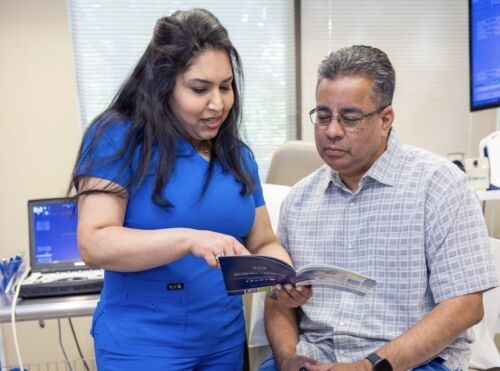 Patient Resources
Patient Resources
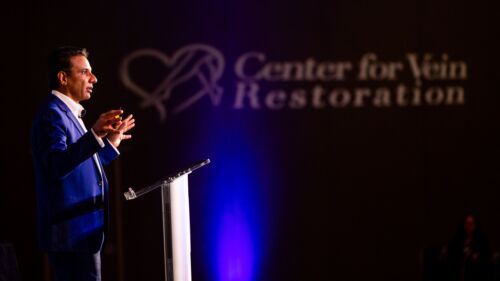 Physician Resources
Physician Resources
